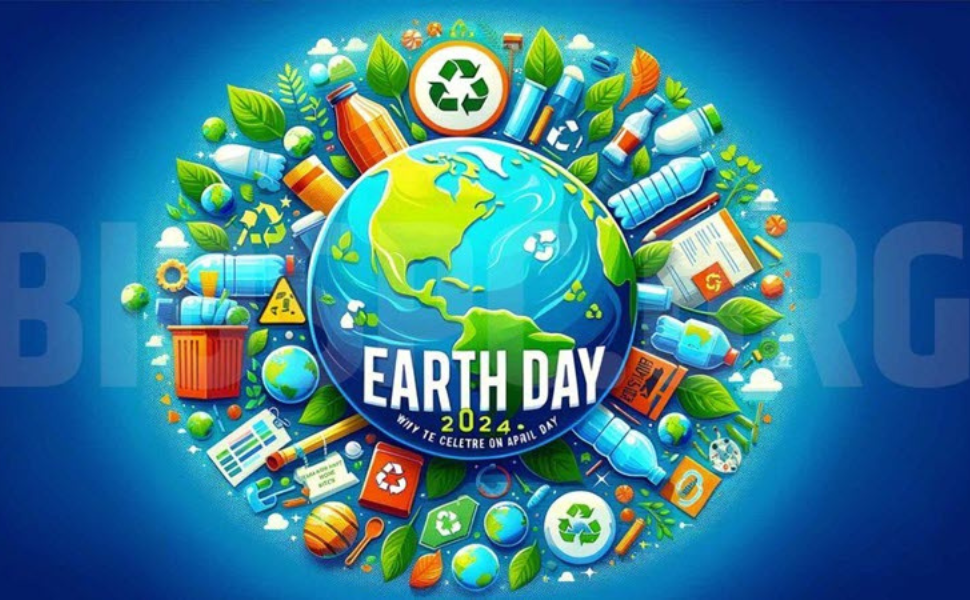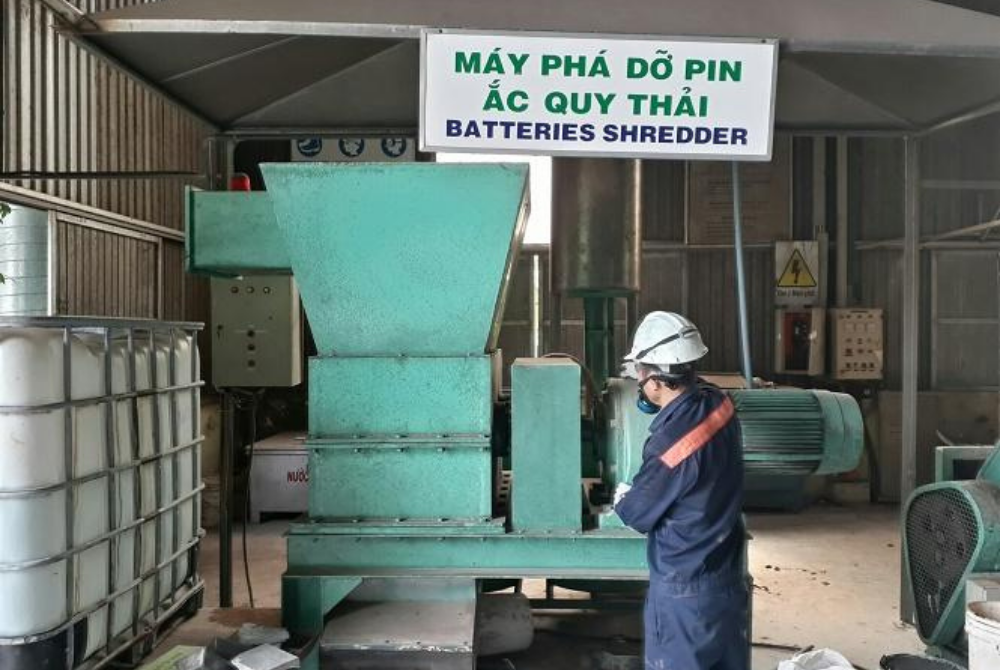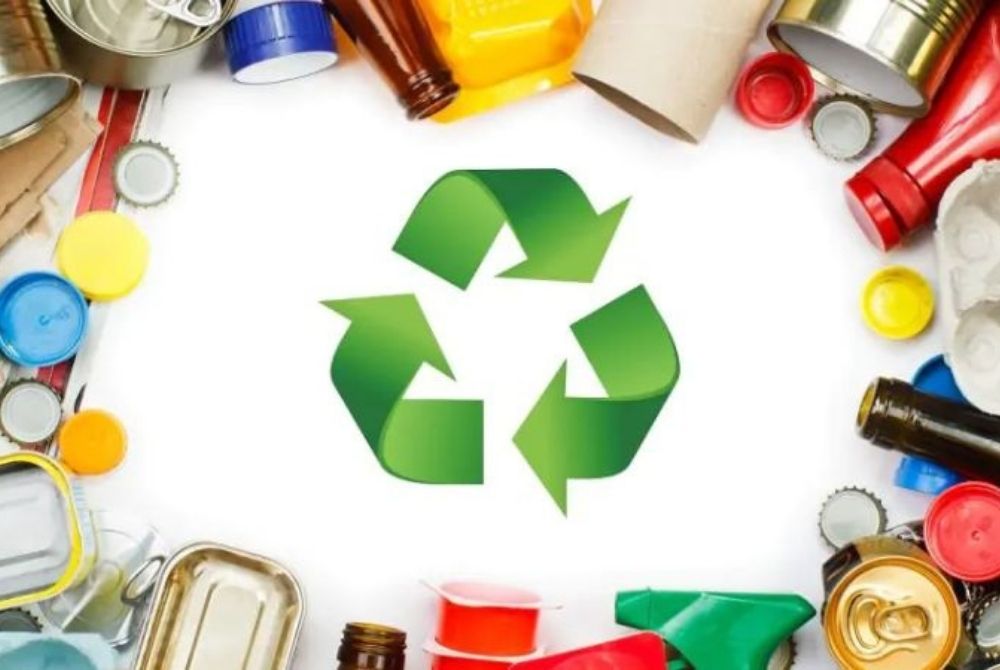Earth Day, April 22: Against plastic!
The Global Earth Day theme is "Planet vs Plastic", setting a target of reducing plastic by 60% by 2040.
In an effort to raise awareness of the significance of preserving Earth's ideals, the United Nations General Assembly declared April 22 to be Earth Day in 2009.
The theme for Earth Day 2024 is "Planet vs Plastics (Earth and Plastics), leading to reducing the production of all plastics by 60% by 2040, aiming to end the use of plastics for human and Earth health.
The status quo of plastic has become the most significant polluted on the planet.
Each year, about 380 million tons of plastic are produced globally. Plastic is hard to destroy naturally, so it has polluted soil and oceans for many years.

Earth Day 2024 has the theme "Planet VS Plastics".
By 2023, more than 500 billion plastic bags - 1 million bags every minute—will be manufactured globally, predicts Earthday.org. Although many plastic bags are used for only a short while, they can endure for generations. Plastic persists in the form of microplastics even after it decomposes, infiltrating all facets of human existence worldwide.
By 2023, the US will sell 100 billion plastic drink bottles, which translates to more than 300 bottles per person. In the US, 95% of plastic will not be recycled. Six times as much water is needed to create one plastic water bottle.
Every year, the fast fashion industry produces more than 100 billion garments. People now buy 60% more clothes than they did 15 years ago, but each item is kept for half as long.
Only 1% of clothing is recycled; the majority, around 85%, end up in landfills or incinerators. Since crude oil is used to generate about 70% of clothes, washing it releases microfibers (a kind of fiber used to create fabric with a tiny structure, or PV), which further contributes to long-term pollution.
The Earth Day 2024 theme, "Ending the Global Plastic Pollution Epidemic," urges people to swiftly give up using single-use plastic products while also encouraging the United Nations to establish a plastic pollution treaty. It is anticipated that the topic of Earth Day 2024 will be "A planet free of plastic waste for future generations."
To achieve the goal of reducing plastic production by 60% by 2040, Earthday.org emphasises 4 factors:
Firstly, raising public awareness of the harm that plastic does to people, animals, and biodiversity; further research on the health effects of plastic; and finally, provide the public with all available information on plastic's effects.
Second, fulfiling the United Nations Plastic Pollution Treaty's phase-out obligation by 2024 and phase out all single-use plastics by 2030.
Third, pressing for legislation to put a stop to the fast fashion industry's massive production and usage of plastic.
Fourth, creating a world devoid of plastic, invest in cutting-edge materials and technologies.
To protect the environment and significantly minimise the harmful effects of plastic waste, the support of each citizen in implementing policies on reducing plastic waste is vital. Every citizen needs to strictly comply with regulations prohibiting littering, reduce, reuse and recycle plastic waste, and limit the use of plastic bags and single-use plastic items...
Source: Moitruongvadothi.vn












